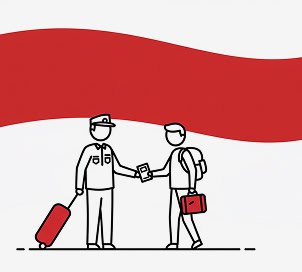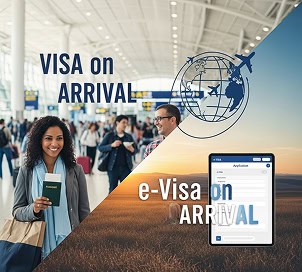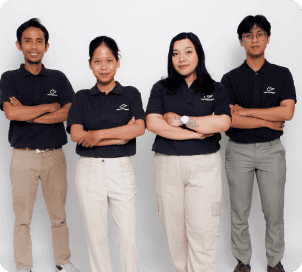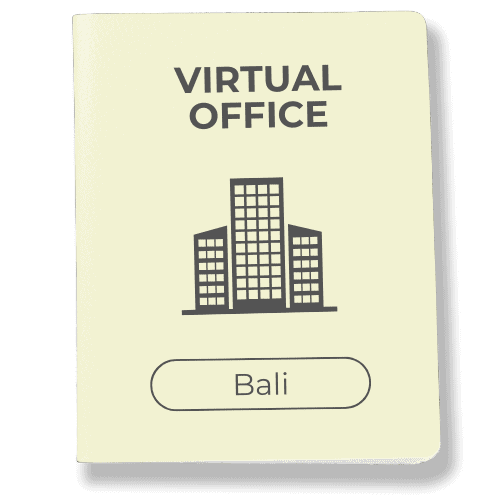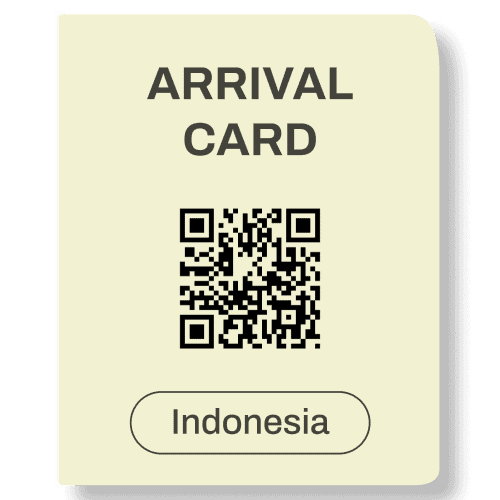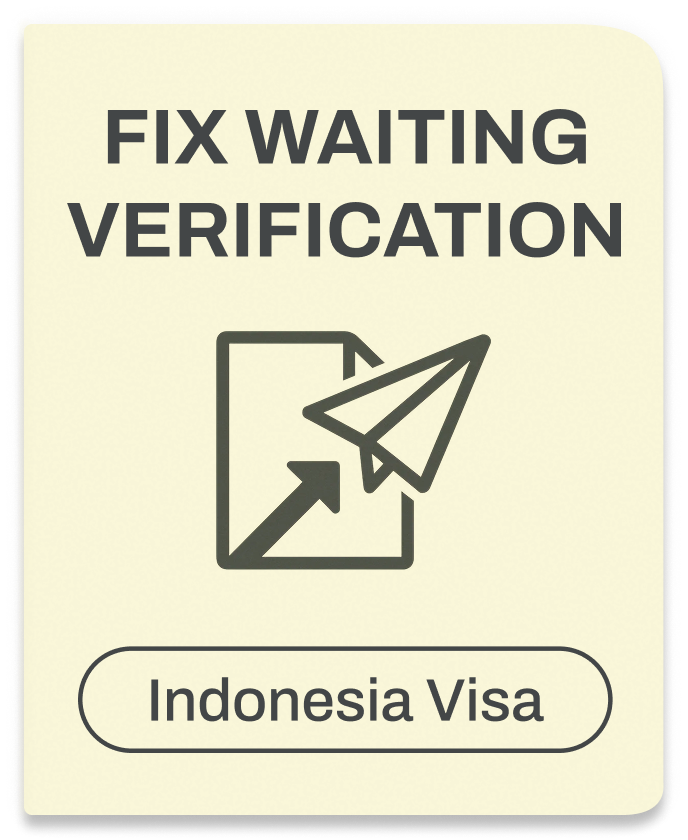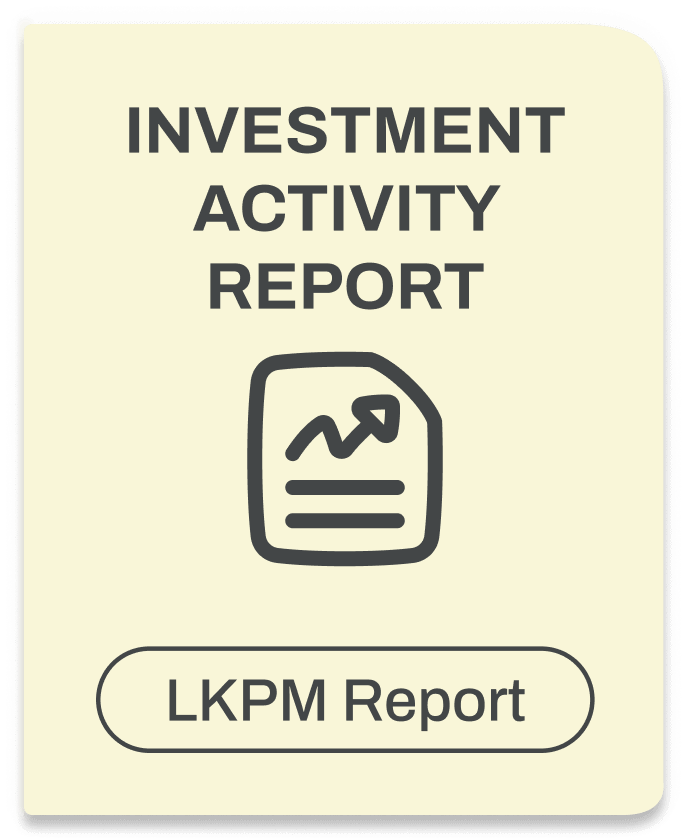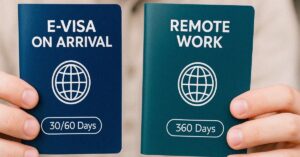Indonezyjska wiza na wymianę studencką (przewodnik 2025)
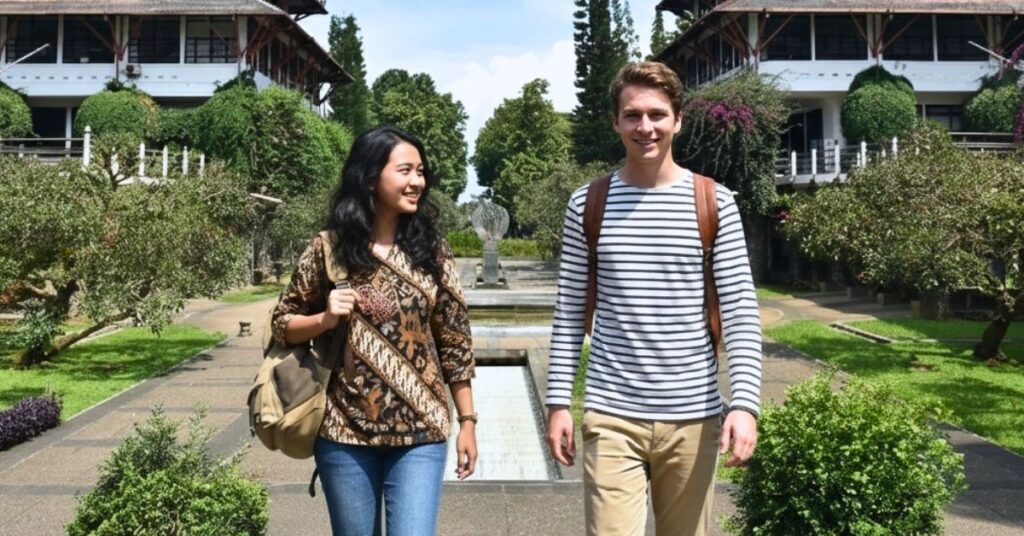
Indonesia treats exchange students differently from full-degree students. If you’re coming for a semester or two, you’ll likely need a C9 short-course visa. But if you’re enrolling in a bachelor’s or master’s program, you’ll go through the longer E30 student visa process instead.
Things changed in 2025. The old student visa for exchange students got replaced by the C9 Short Course category. And the C316 code that degree students used to get? They’re now called E30A through E30D, depending on your education level.
Here’s something important: immigration rules shift all the time. What’s true today might change next month. Always double-check the latest requirements with the Indonesian embassy in your home country and your host university. Better yet, work with an official visa agent if your educational institution provides one.
This guide helps three groups of prospective students:
One- or two-semester exchange students heading to Indonesia through programs like Asia Exchange or direct university partnerships.
Short-course and summer school participants who need a legal way to study for a few weeks or months.
Double-degree students are doing credit transfers between their home university and an Indonesian partner school.
Spis treści
How Indonesia’s Student Exchange Visa System Works

Visit Visa vs Limited-Stay Visa (KITAS) – What’s the Difference?
The C9 visit visa suits most exchange students perfectly. It’s built for short courses and exchange semesters where you’re not earning an Indonesian degree. When you land in Indonesia, you get 60 days. Need more time? You can extend it twice, giving you roughly six months total. But here’s the catch: it’s a single entry. If you leave Indonesia, even for a weekend trip to Singapore, your visa usually gets canceled.
Who Is the Real “Applicant”? Student vs University vs Visa Agent
Here’s what confuses people: you don’t just walk into the nearest Indonesian embassy and apply for a student visa. Indonesian universities apply for study permits and visa approvals with their immigration office first. Only after the university gets approval can you go to the Indonesian consulate or embassy in your country.
Most Indonesian universities partner with official visa agencies. Schools like Udayana University, Warmadewa, and Undiknas have agencies that handle the entire C9 application process for exchange students. These agencies know the system inside and out. They file the paperwork, communicate with immigration authorities, and tell you exactly what to do.
Your job as a student? Submit your documents, pay the fees, and follow instructions. The heavy lifting happens behind the scenes.
Eligibility Criteria for Indonesian Student Exchange Visas
Not everyone automatically qualifies for an Indonesian student visa. You need to meet both program-specific and personal requirements. Here’s what immigration authorities look for when reviewing applications.
Program & Host Institution Requirements
You need a formal acceptance from an Indonesian university or a recognized institution. No acceptance letter, no visa application. The program must be genuinely academic, including classes, lectures, research, or structured learning. Work programs, business activities, and volunteering don’t qualify for student visas.
Personal Requirements
Your passport must be valid for at least 12 to 18 months from the date you apply. Immigration officers want to see that you won’t need a passport renewal mid-program.
You’ll also need proof you can afford your stay. This might be bank statements, scholarship letters, or a financial guarantee letter from your parents. The amount varies, but think about covering tuition, housing, food, and emergencies.
Health matters too. Most applications require a medical certificate or health certificate stating you don’t have serious contagious diseases. And naturally, you need a clean immigration record, no visa violations or overstays in your past.
Step-by-Step: How to Apply for an Indonesian Student Exchange Visa (C9)
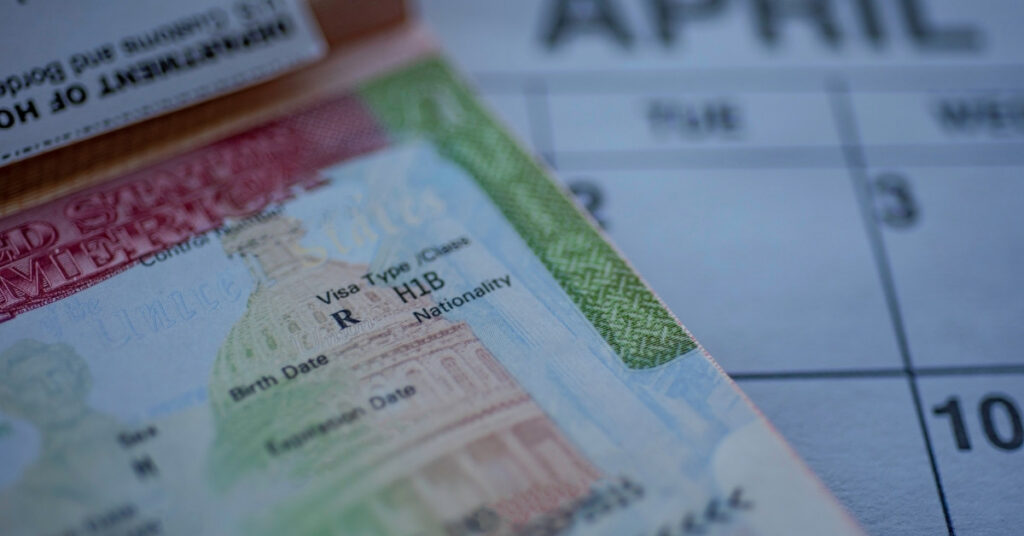
1. Get Accepted and Confirm Your Exchange Placement
Start by applying to your host university. You might go through a provider like Asia Exchange or Upskill, or your home university might have a direct partnership with an Indonesian school. Either way, you need that official Letter of Acceptance before anything else happens.
2. University Applies for Your Study Permit & Visa Approval
Once you’re accepted, your Indonesian host university springs into action. They apply for two things: a study permit from Indonesia’s Ministry of Education and visa approval from the Directorate General of Immigration. This generates what’s called a telex or e-visa approval.
You don’t deal with Indonesian immigration directly at this stage. The university handles it. This application process typically takes several weeks, which is why starting early matters.
3. Prepare Your Document Package
While the university processes your approvals, gather all the required documents:
- Passport scans showing your photo page and any pages with stamps
- Recent color photo meeting passport specifications (white background, no glasses, neutral expression)
- Signed application forms that your university or visa agent provides
- Sponsor and recommendation letter from your host university (they usually generate these for you)
- Proof of funds, min. USD 2,000 balance for the past 3 months
Get translations for any documents not in English or Indonesian. Some embassies want certified translations, so check your specific embassy’s requirements.
4. Submit C9 Visa Application at the Indonesian Embassy / Online
How you apply depends on your home country. Some Indonesian embassies accept online e-Visa applications. Others require in-person appointments. Your university’s visa agent usually guides this part of the process.
Visa fees vary by country and currency. Budget anywhere from $50 to $150 USD equivalent for a C9 visa. Some universities bundle the visa fee with extension costs upfront.
Processing typically takes 10 to 20 working days for most applicants. Occasionally, it’s faster, sometimes slower. This is why applying 2-3 months before your semester starts is smart.
5. Receive Your e-Visa, Book Flights, and Check Arrival Rules
When your visa application gets approved, you’ll receive an e-Visa document. Print several copies and save a digital version on your phone. Also, print your Letter of Acceptance.
Check your visa’s validity period; it tells you the dates between which you must enter Indonesia. Your 60-day stay starts the day you arrive, not the date the visa was issued.\
Before you land, you’ll need to complete Indonesia’s digital arrival card through the “Cała Indonezja” platform. This online form covers your health pass and customs declaration. Most airlines will remind you about this, but it’s smart to fill it out within 3 days before arrival. You’ll get a QR code that immigration officers scan when you land. Keep a screenshot of this QR code handy on your phone.
Pack these in your hand luggage, not checked bags:
- Paszport
- Printed e-Visa
- Letter of Acceptance
- Emergency contact numbers
- Insurance documents
Visa Timeline: When to Apply and How to Plan Backwards from Your Semester Start
To avoid last-minute panic, you’ll want to work backwards from your semester start date, giving enough time for university approvals, immigration processing, and any surprise delays. This timeline shows you when to do what, so your visa is ready long before you pack your bags.
Ideal Timeline for C9 Short-Course / Exchange
Starting 2-3 months before arrival gives you breathing room. Here’s a realistic timeline working backward from your first day of class:
12 weeks out: Apply to your exchange program and start gathering required documents like transcripts and bank statements.
8 weeks out: Your university lodges your study permit application and requests visa approval from Indonesian immigration. This part often requires prior notice to government agencies.
4 weeks out: Submit your visa application at the embassy and wait for processing. Most embassies need time to review documents submitted by applicants.
2 weeks out: Confirm your flights and book accommodation. Make sure your insurance starts before your departure date.
What If You’re Late? (Last-Minute Applicants)
Got accepted late? Some providers mention entering Indonesia on a visa on arrival, then leaving and re-entering once your student visa is approved. This workaround exists, but it’s risky if you try it alone.
Only consider this if your university or official visa agent explicitly guides you through it. They’ll tell you when to leave, where to go (often to Singapore or Malaysia for a visa run), and when you can return.
Studying on a tourist visa without this structured plan breaks immigration rules. You risk fines, deportation, and future visa bans. Not worth it.
After You Arrive: Extensions, Reporting, and Staying Legal
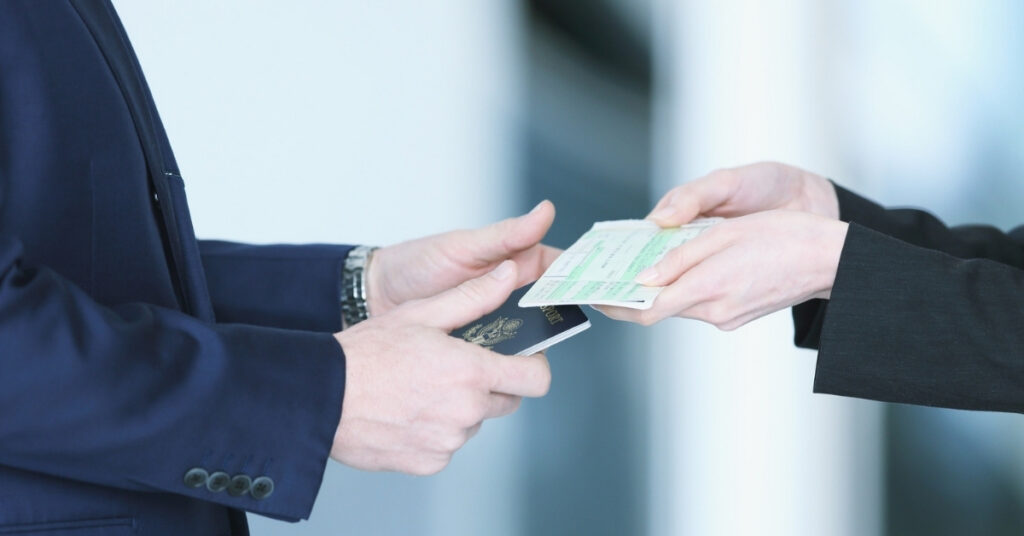
Extending C9 Short-Course Visas
Your C9 gives you 60 days initially. But most exchange students need longer. You can extend your short-course C9 visa twice, once for another 60 days, and again for a final 60 days. That’s roughly 180 days total, or about six months.
Start your visa extension process about two weeks before your current permit expires. You should know when your visa will expire, and then you can have your university’s visa agent handle this. You might need to visit the immigration office briefly for a photo or signature, but the agent does the heavy work.
Leaving and Re-Entering Indonesia During Your Exchange
Remember, the short-course visa is a single-entry visa. If you like to book a weekend trip to Bali? No problem. But fly to Thailand for spring break? Your C9 gets canceled the moment you leave Indonesia. And, coming back means applying for a new visa.
What You Can and Can’t Do on an Indonesian Student Exchange Visa

Permitted Activities
You’re in Indonesia to study, so anything academic is fine. Attend classes, take exams, participate in campus events and clubs. University-approved field trips and research activities are allowed, too.
Want to travel on weekends? Go ahead, just remember the single-entry restriction if you’re on C9. Taking Indonesian language classes outside your program? Usually fine as long as they’re clearly educational and not paid work.
Restricted / Prohibited Activities
Student visas don’t permit employment, period. No part-time jobs, no freelancing, no “helping out” at your friend’s café. Paid work requires a different visa category entirely, issued by a government agency for work purposes.
Volunteering and internships sit in a gray area. Some unpaid, university-arranged internships might be allowed as part of your academic program. But working at an NGO or startup, even unpaid, could violate your visa terms. Always check with your host university’s international office first.
You must study at your sponsoring institution. Switching universities mid-program requires new visa approvals. Don’t assume you can take classes at a different school without formal permission.
Living in Indonesia as an Exchange Student – Practical Tips
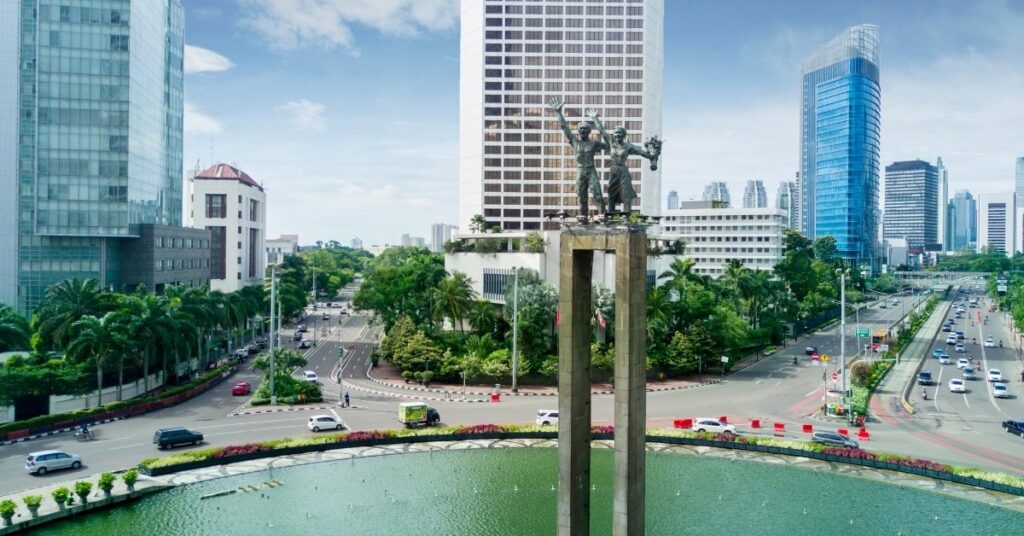
Orientation, Housing, and Daily Life
Most Indonesian universities run orientation programs for international students and foreigners. Attend everything, you’ll learn about visa requirements, campus facilities, local customs, human rights protections, and safety. Many schools assign buddy programs pairing you with Indonesian students who help you adjust.
Housing options vary by university. Some universities offer dorms. Others help arrange homestays or apartments. Book accommodation before arriving, and make sure your address matches what’s on your visa application for registration purposes.
Essential first-week tasks: Get an Indonesian SIM card (Telkomsel and XL Axiata are popular), open a bank account if staying long-term, figure out local transport (Grab and Gojek apps work like Uber), and buy a power adapter.
Always carry copies of your passport, visa, and KITAS for identification. Keep originals safe at home. Photocopy everything and save digital copies in cloud storage. If something gets stolen or lost, you’ll thank yourself.
Academic & Language Expectations
Indonesian universities expect regular attendance. Skip too many classes, and your visa sponsor might report issues to immigration. Participate actively and complete assignments on time.
Language of instruction varies. Many exchange programs teach in English, especially at universities popular with international students. But some courses might mix Indonesian and English, or be entirely in Bahasa Indonesia. Check your program’s language requirements before applying.
Even if classes are in English, learning basic Indonesian makes daily life easier. Most Indonesians don’t speak fluent English outside universities and tourist areas.
Common Mistakes & How to Avoid Visa Problems

Application & Document Mistakes
Applying too late: Don’t assume you can get a visa granted in two weeks. Factor in university processing time for acceptance, embassy waiting periods, and potential delays. Three months ahead is safe for most countries.
Name inconsistencies: Your passport says “William Robert Smith,” but your university documents say “Bill Smith”? Immigration computers might flag this inconsistency. Use your full legal name, exactly as it appears on your passport, across all submitted documents.
Poor quality scans: Blurry passport photos or half-cropped documents get rejected. Use a real scanner, not a phone camera at a weird angle. Check that all text is clearly readable.
Missing translations: Submitting a transcript in Spanish to an embassy that requires English or Indonesian? Application denied. Get certified translations before applying.
On-Arrival & Extension Mistakes
Ignoring deadlines: Your 60 days expires next Tuesday and you haven’t started the extension process? You’re in trouble. Immigration penalties for overstaying start immediately, including fines, possible detention, and a damaged record that affects future visas.
Leaving without understanding entry rules: Booking a spontaneous trip to Malaysia on your C9 visa without realizing it cancels your permit? You’ll be stuck abroad reapplying for a visa.
Working on a student visa: That “small” paid English tutoring gig seems harmless until immigration finds out. Employment on a student visa can mean deportation and a ban on returning to Indonesia.
Frequently Asked Questions About the Indonesian Visa for Student Exchange
Can I study in Indonesia on a Visa on Arrival or a tourist visa? Technically no. Tourist visas and VOAs are for tourism, not studying or academic research. Some students enter on a VOA temporarily while their proper student visa processes, but only do this if your university explicitly guides you through it as an official transition strategy.
How long can I stay in Indonesia on a C9 student exchange visa? You get 60 days initially, plus two possible 60-day extensions, totaling about 180 days (roughly six months). Each extension must be applied for before your current period expires.
Do I have to apply for the visa myself, or will my host university do it? Your university applies for study permits and visa approval with the Indonesian immigration first. Then you apply at the Indonesian embassy in your home country using the approval documents they provide. Many universities work with visa agencies that guide you through each step of obtaining your visa.
Can I work part-time while on a student exchange visa in Indonesia? No. Student visas don’t permit any paid work, including part-time jobs, freelancing, or online work. You need a work permit and a different visa for employment.
Can I travel to other countries and come back during my exchange? If you have a C9 visa, it’s single entry; leaving Indonesia cancels it. KITAS holders might have multiple-entry privileges, but check your specific permit. Always confirm with your university’s immigration office before booking international travel.
What happens if my visa expires while I’m still studying? Overstaying your visa leads to fines (currently about 1 million Rupiah per day for each foreigner), possible detention, deportation, and bans on returning to Indonesia. Apply for extensions well before your expiration date to maintain your legal status.
Do my parents need a special visa to visit me during my exchange? Yes, they’ll need a tourist visa appropriate to their nationality. Your student visa doesn’t cover family members. They should apply for a standard tourist visa based on Indonesia’s requirements for their country.
Are the requirements the same for all nationalities? No. Visa requirements, fees, processing times, and even available visa categories vary by nationality. Always check with the Indonesian embassy or consulate serving your country.
Gotowy do złożenia wniosku lub przedłużenia wizy?
Pozwól naszym specjalistom wizowym zająć się Twoją aplikacją.

